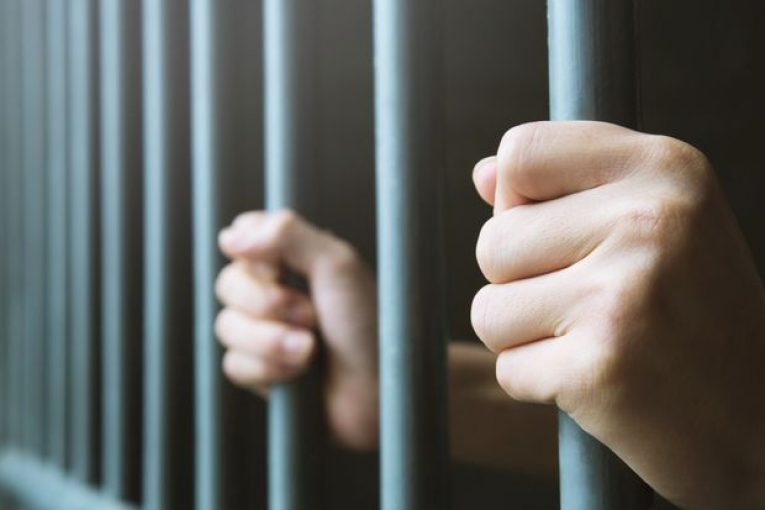

iStockphoto
By Kimberly Torres
WASHINGTON, DC — The ACLU is promoting, “April is Second Chance Month,” focusing on the “barriers to re-entry that formerly incarcerated people face when returning to our communities, and the scarcity of second chances through clemency for people who are currently incarcerated.”
“The overwhelming majority of people who are incarcerated return to their communities, often after needlessly long sentences. Their incarceration has ripple effects — adversely impacting the individual, their families, and our communities, said Cynthia W. Roseberry, acting director of the American Civil Liberties Union’s Justice Division.
Roseberry added, “As a nation, we aren’t bound to our worst policy decisions. We are capable of rectifying them, moved by the better angels of our nature. This Second Chance Month, we are calling on elected leaders — from President Biden to state governors — to embrace clemency and join the ACLU’s Redemption Campaign.”
Roseberry also argued, “Policies like the war on drugs have devastated generations of families and communities by fueling mass incarceration and racially-biased law enforcement, normalizing harsh sentences and upholding a culture of punishment.”
“Through the power of clemency, we can forcefully confront mass incarceration and racial injustice by granting categorical commutations to those who are unjustifiably imprisoned: people convicted of drug distribution and possession; people incarcerated over minor probation or parole violations; elderly incarcerated people; and people still imprisoned for acts that would merit shorter sentences based on current law,” Roseberry continues.
People’s criminal record, “can haunt a person for the rest of their lives — posing barriers to housing, employment, education, public benefits, and voting in many states. This, in turn, destabilizes entire families and communities,” said Roseberry.
Roseberry charged, “The failed war on drugs has fueled mass incarceration and racial disparities in the criminal legal system. One in five people behind bars is in local, state, or federal custody for a drug offense. An estimated 79 million Americans have a criminal record.”
“During Second Chance Month, we focus on the second chance due to a person who is formerly incarcerated. We rarely talk about how, as a nation, we also need a second chance to make amends for the harmful policies we’ve pursued,” Roseberry added.